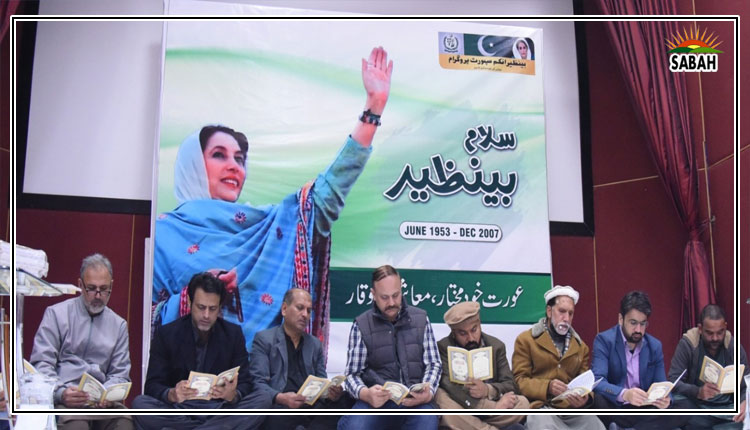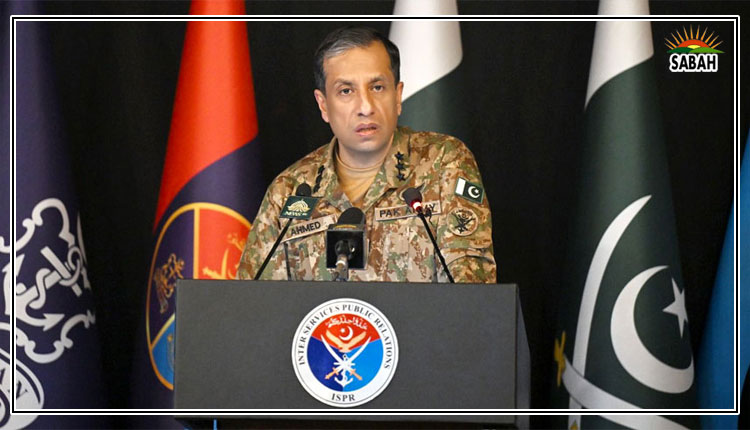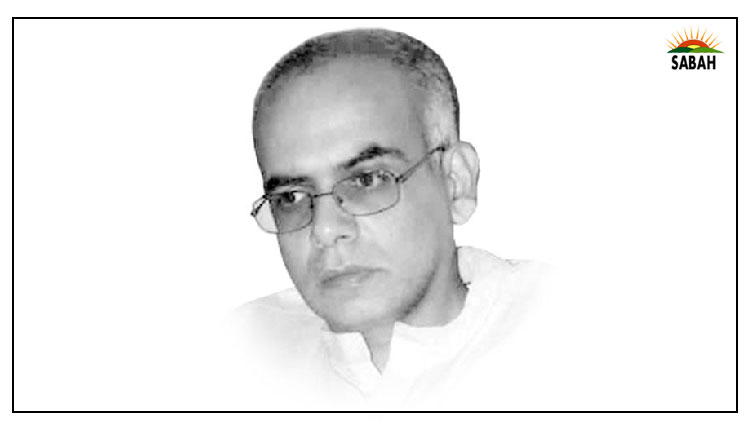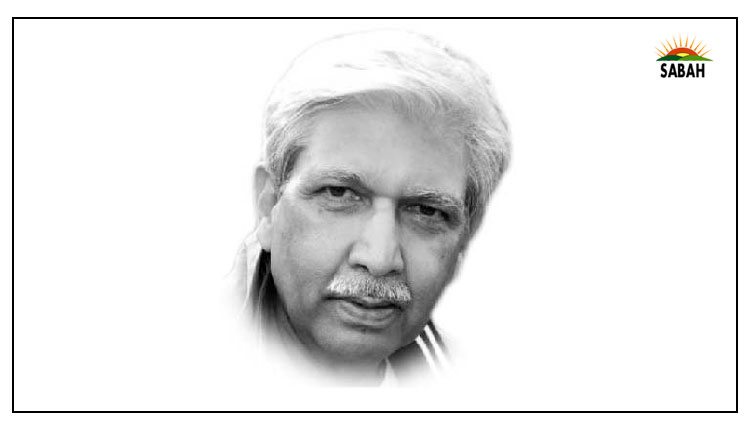Deficits in our lives…Ghazi Salahuddin
There is this quotation from Einstein that I was surprised to discover: The hardest thing in the world to understand is the income tax. And for that matter, it is the budget itself that most people cannot fully understand. There is something esoteric about how the statistical riddles are paraded before you in the guise of the federal and provincial budgets.
What this really means is that I am not qualified enough to interpret the federal budget and evaluate its impact on the national economy and the material well-being of the citizens at large.
Frankly, I was not paying much attention when Finance Minister Muhammad Aurangzeb presented his budget proposals in the National Assembly on Wednesday and was not exactly enlightened by the spirited debate among economists and financial experts that followed.
However, I have no doubt that this is a crucial and necessary exercise. Also, it must surely be a tough task for the financial wizards of the government to make ends meet in very difficult circumstances. There is something ritualistic about how this is done. So, how have they done it this time? That would depend on who you are listening to. Sometimes you wonder if they are talking about the same document. Or the same figures.
On the whole, though, the mood is sombre. We have to deal with deficits all around. We knew what was coming. The stage is being set for another, larger IMF bailout package. Because of the limited fiscal space, it does not seem possible to provide relief to the heavily burdened taxpayers from the salaried classes.
Besides, this budget has come in the midst of a dangerous political confrontation between the government and the opposition. There is little scope for any serious discourse on any issue whatsoever. In fact, a rising sense of social disorder is breeding fear and uncertainty in the minds of concerned citizens.
Now, is the fault in our stars or in ourselves? One feels a bit baffled because there was this sudden revelation late on Friday night that we were out of the T20 World Cup after the match between the United States and Ireland had been washed out. This was not entirely unexpected, but it surely felt like a bolt from the blue.
How could this happen? Pakistan prides itself on its exploits in the field of cricket. It is one game in which we have excelled, having won our laurels in the past. Otherwise, we have not been able to do well in international sports. Our performance in the Olympic Games, the ultimate test of athletic excellence, has constantly been pathetic. Given our large population, we remain at the bottom of the world.
Apparently, there is a message here that we should be ashamed to acknowledge. Proficiency in competitive sports is a measure of a countrys quality of life and the strength of its social order. It may also have some relationship with a peoples economic development. A glance at the list of countries that win the most medals in international competitions like the Olympics can be very educational in this regard.
Anyhow, our cricketers have let us down badly in this T20 World Cup and have broken the hearts of their loyal supporters in Pakistan and abroad. Blame must also be shared by those who have managed the game. A great victory in any sport brings so much pride to a country or even a city that its impact is also felt in politics and social relations.
Naturally, the immediate reaction of sports reporters and commentators was rather volatile when the match between the United States and Ireland was washed out in Florida, with America qualifying for the Super Eight. A few were in a state of rage.
As I said, this was very much expected after we lost against an inexperienced team and then threw away a match against our traditional rivals. The question now is whether this was just a lapse on the part of a number of players or a symptom of some kind of national malaise. Is this another sign of Pakistan losing its battles, one after another?
My initial focus was the budget. That is the major event of this week. It is an annual reckoning of our financial health. It gives us an idea about where we stand in our struggle for economic development. But the budget must also have a bearing on our social development in a larger framework. For instance, how much can we afford for education, health and culture? Also, for building the potential of our youth, including in sports?
In that sense, I am using the budget only as a peg to underline the value of another kind of wealth that we need to enrich our lives. Our impoverishment in this category is also becoming a threat to our survival. Not all the money in the world can compensate for our lack of social capital and the dearth of what we know as human development.
It so happens that the essential requirement of calculating our revenues and our expenditures, and our liabilities can be useful for us as a kind of reality check. We learn some hard facts about our existence. If only a similar exercise were possible to take stock of the state of our society, for example, we could make a fresh assessment every year of our social indicators and plan for improvement in specific sectors of human development.
Like our lamentable ouster from the T20 World Cup, our decline in the global ranking of social development should not be surprising. In the UNDPs 2023-2024 Human Development Report, Pakistan is in the low human development category, placed at 164 out of 193 countries.
There are consequences when a country is deprived of sufficient social capital to build a healthy and thriving society. Pakistan has become a good example of what happens when social and human development is neglected. Can it also become an example of how this decline is reversed?
Courtesy The News












